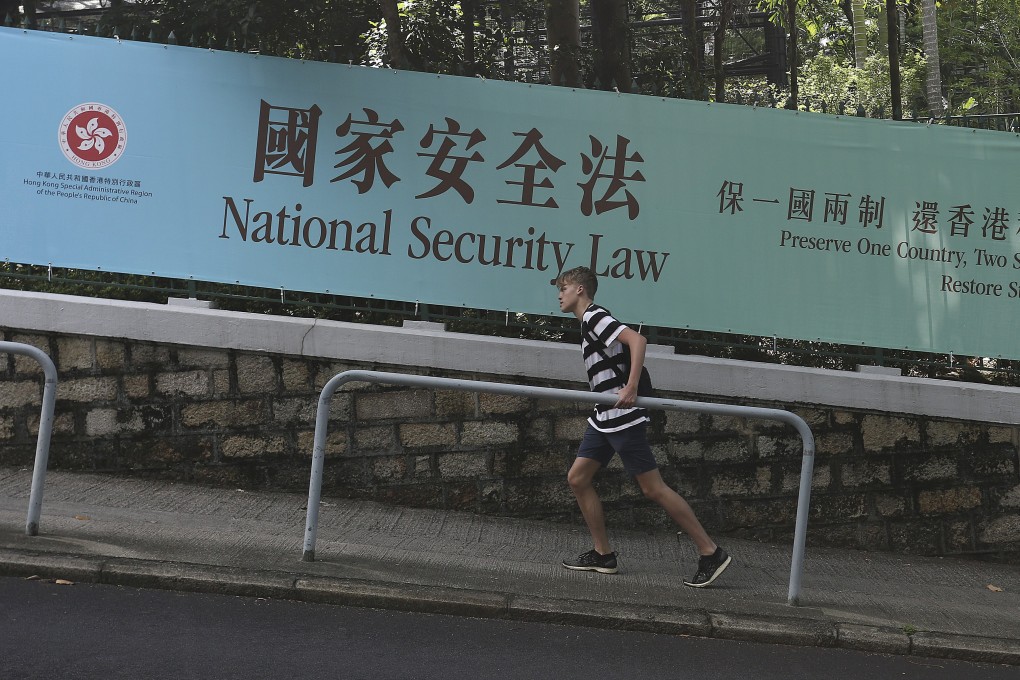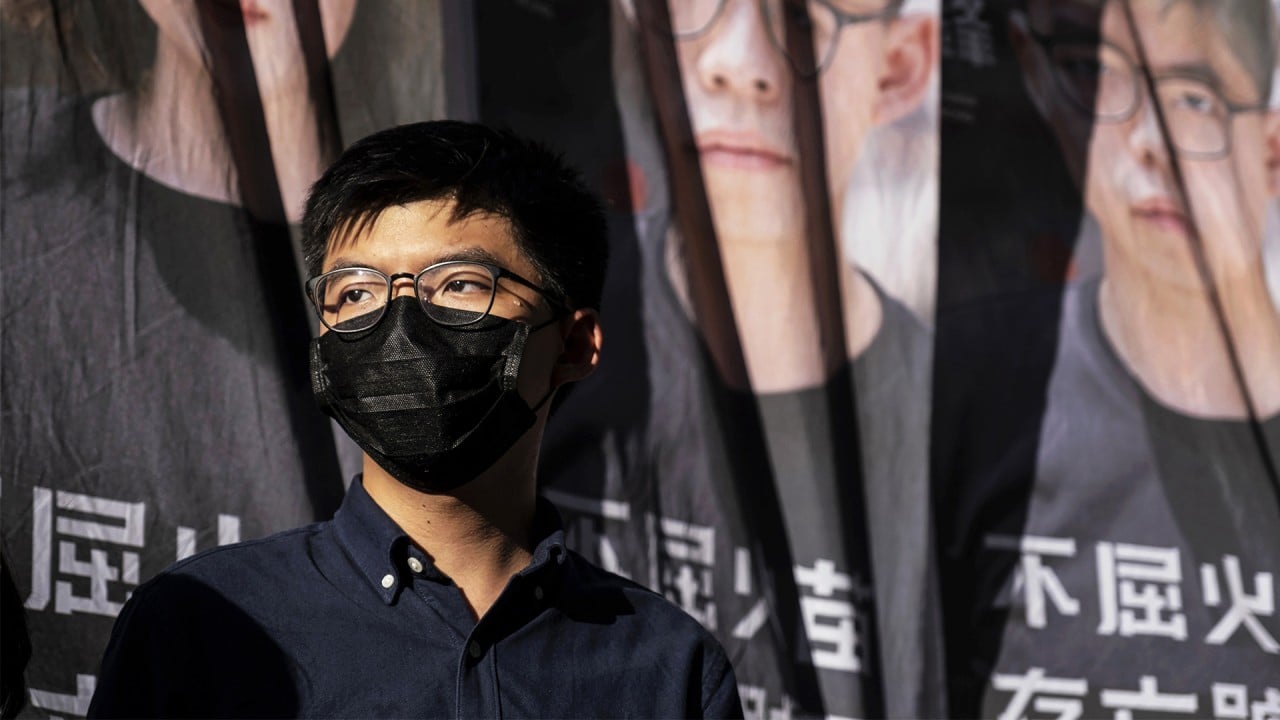How Hong Kong should cope with the national security law: keep calm and carry on
- Given that the law on the mainland targets those who oppose the Communist Party, the same could be expected for Hong Kong
- Nevertheless, it would be best for Hongkongers not to panic, but get on with their lives instead

The target is anyone who opposes, or even suggests opposition to, the Chinese Communist Party and its authority. As Beijing has the ultimate say in all matters pertaining to Hong Kong through its right to interpret all provisions of the Basic Law, the city’s mini-constitution, the Hong Kong government acts as its local arm and is therefore also covered.

03:03
Activist Joshua Wong expects to be ‘prime target’ of national security law in Hong Kong
Where this leaves me and most other Hongkongers who want democratic governance for the city is therefore troubling. This law is, in effect, a mainland one and those across the border who advocate such rights are hounded, harassed, intimidated and, when they persist, charged with crimes like those outlined in the national security law for Hong Kong.
